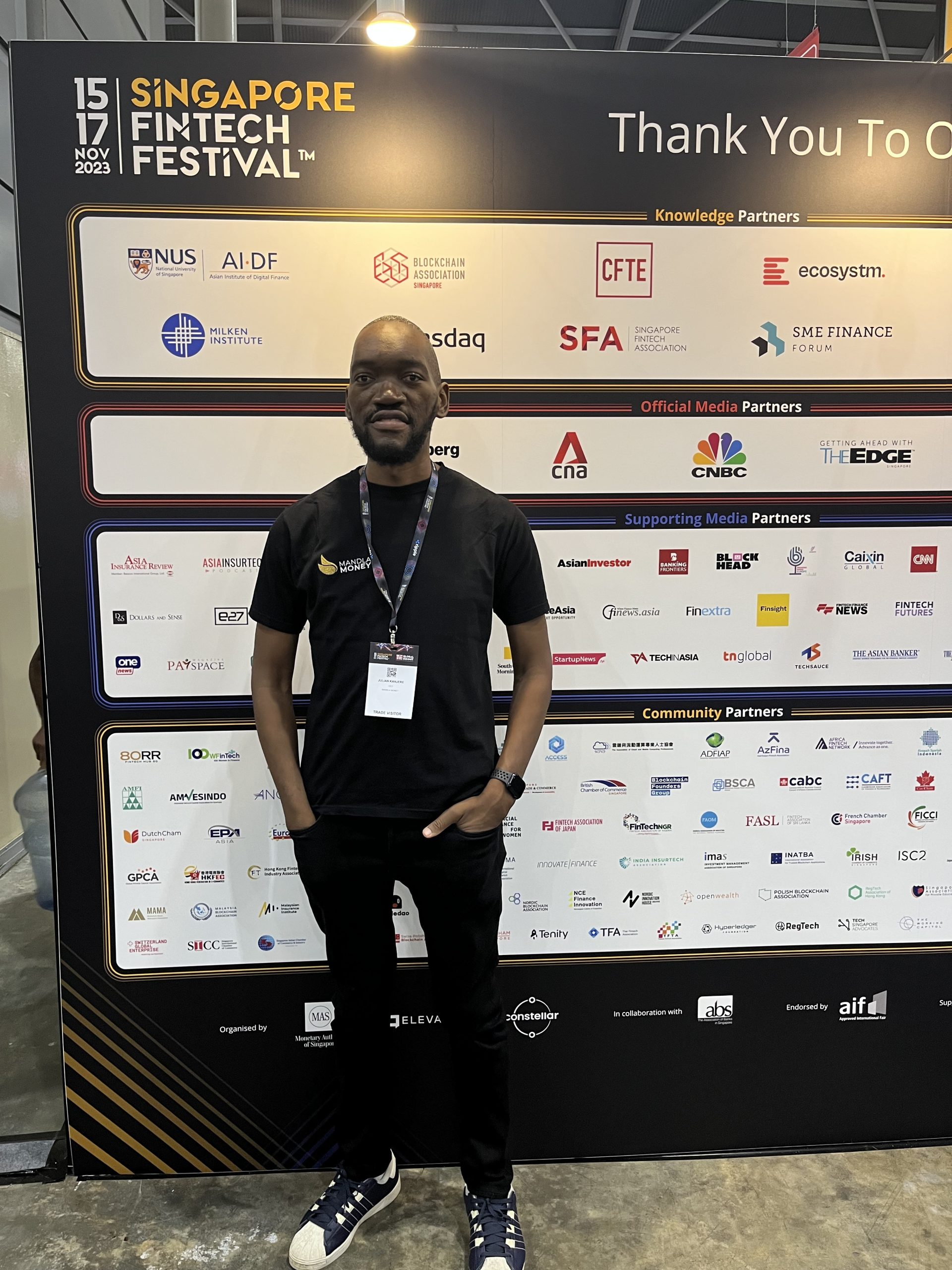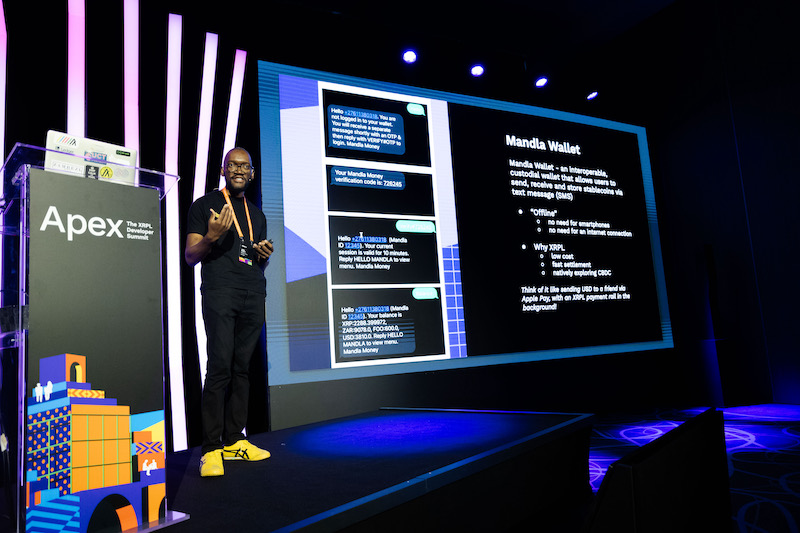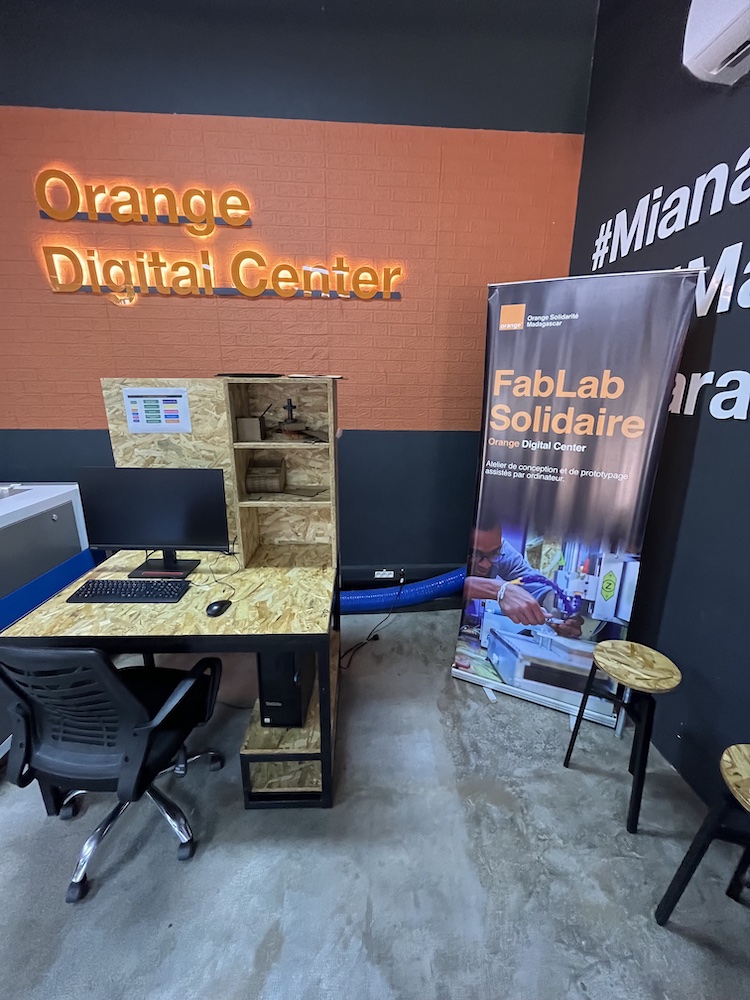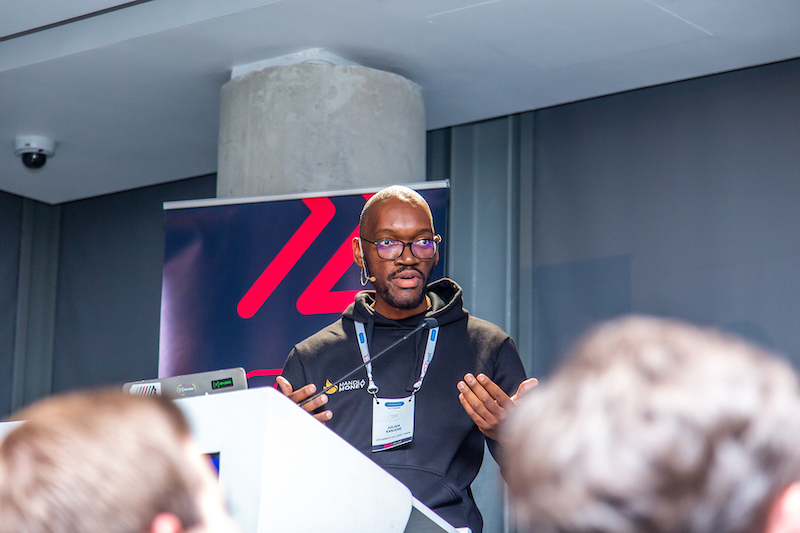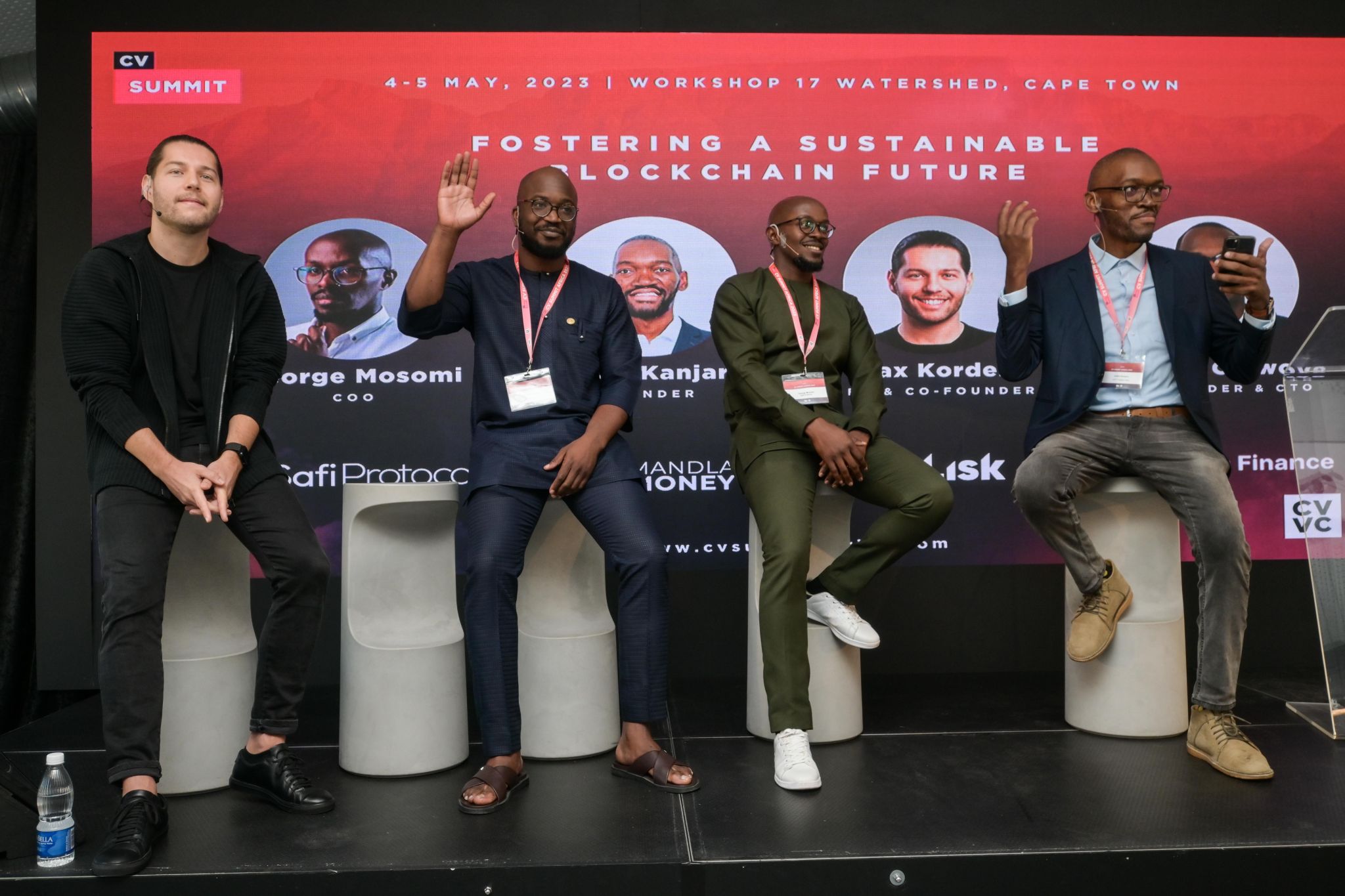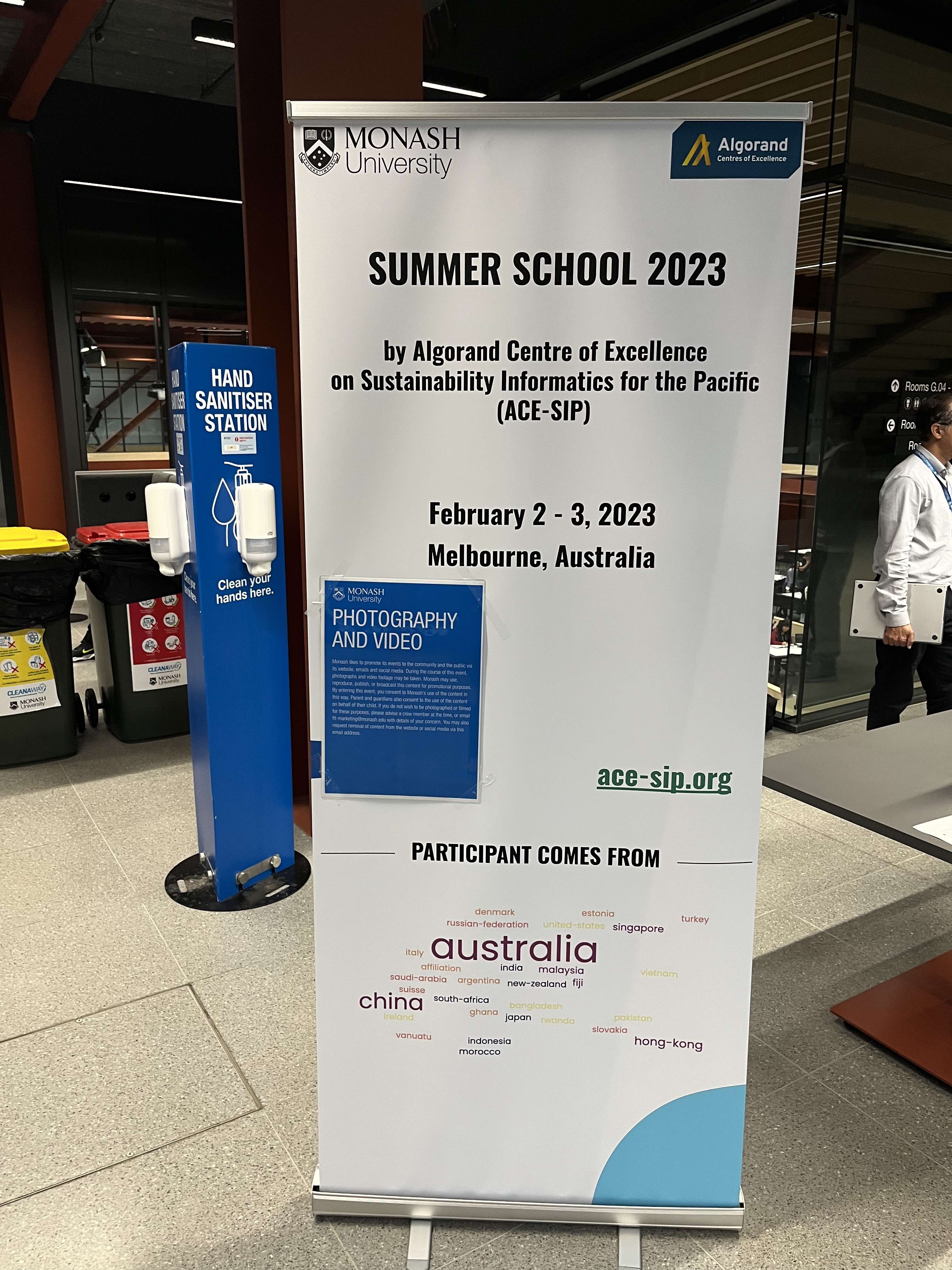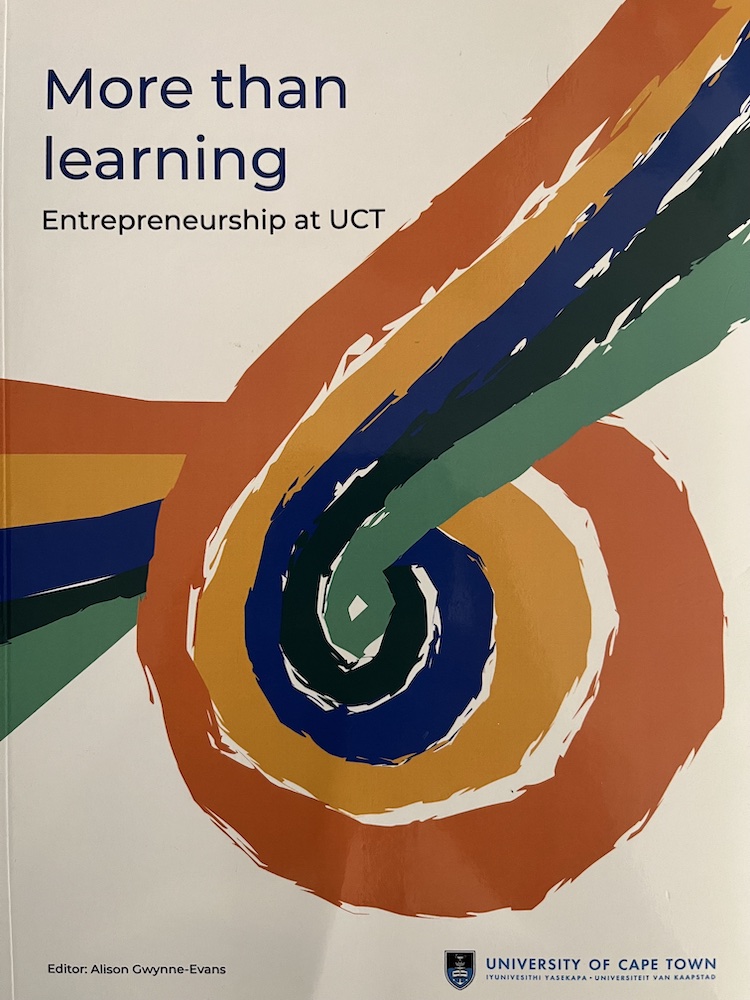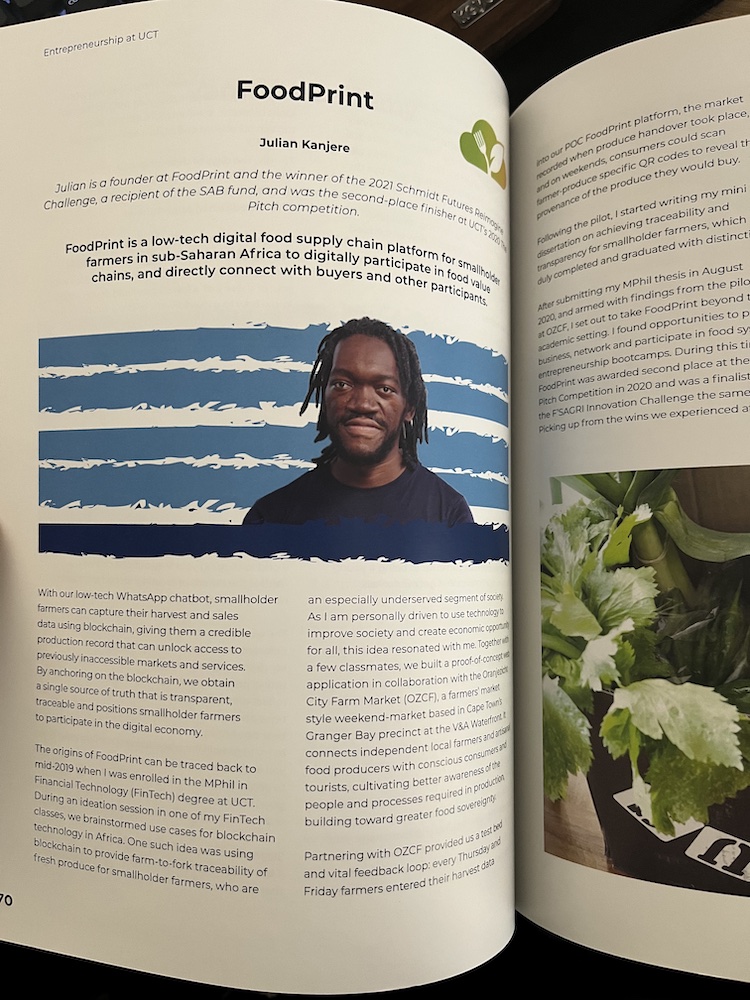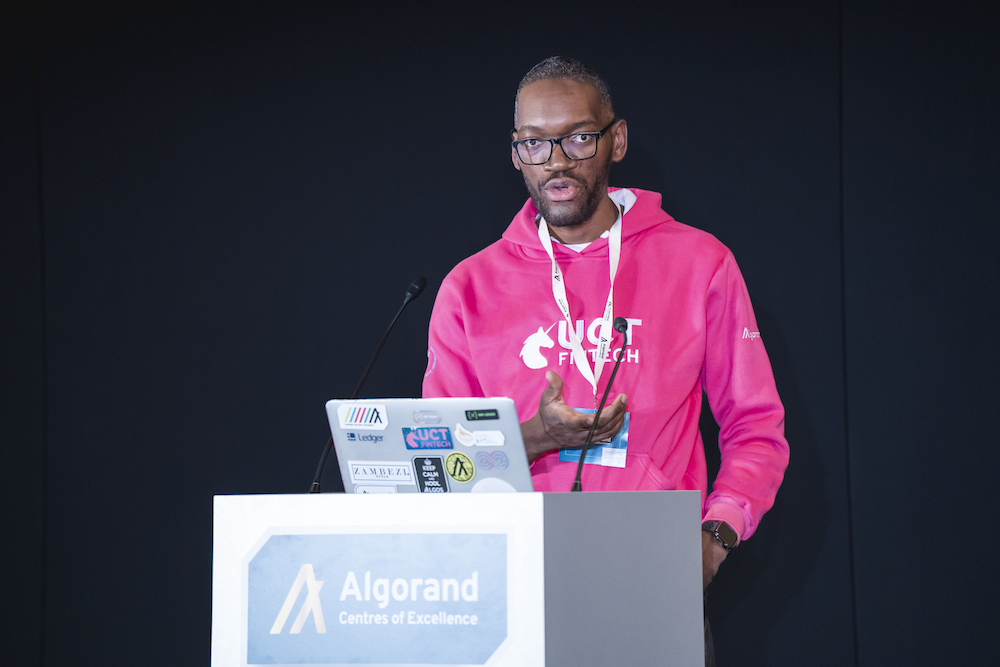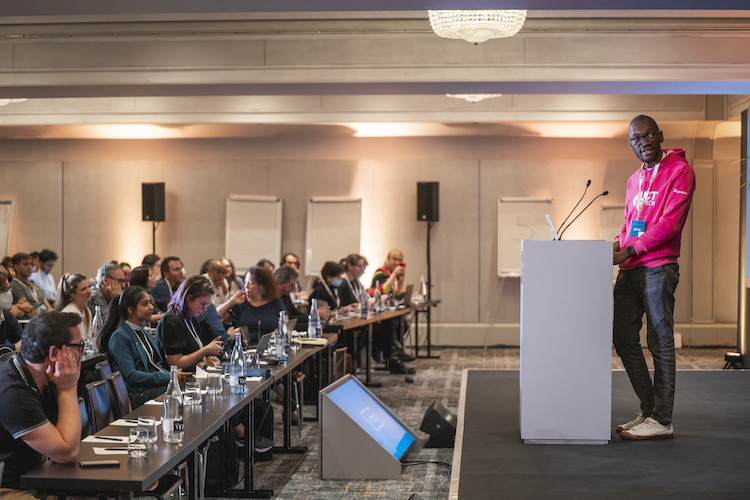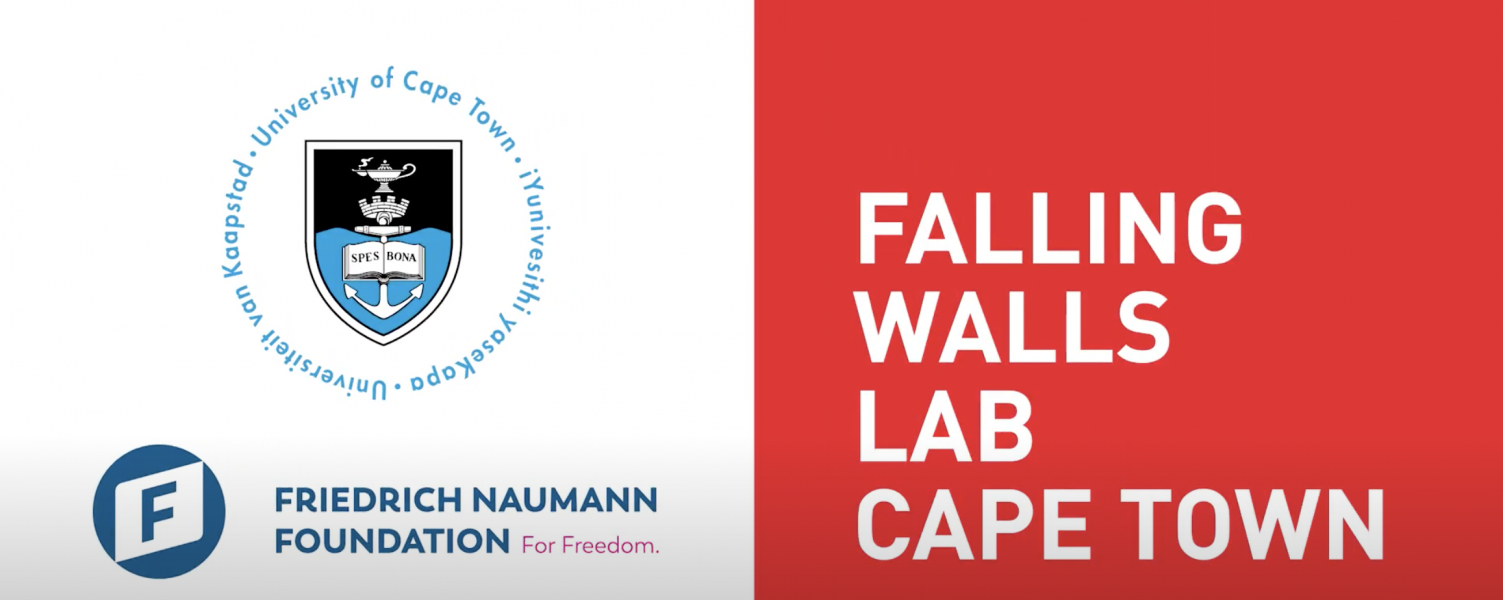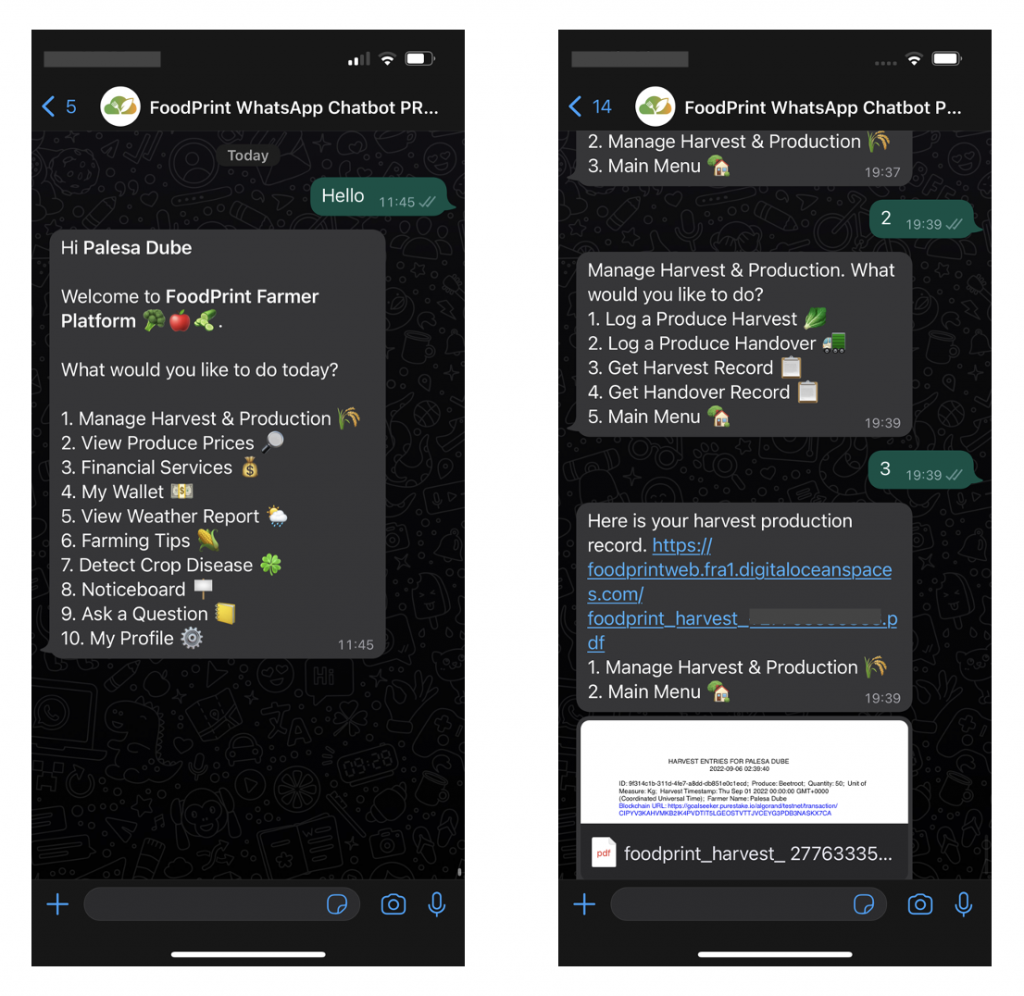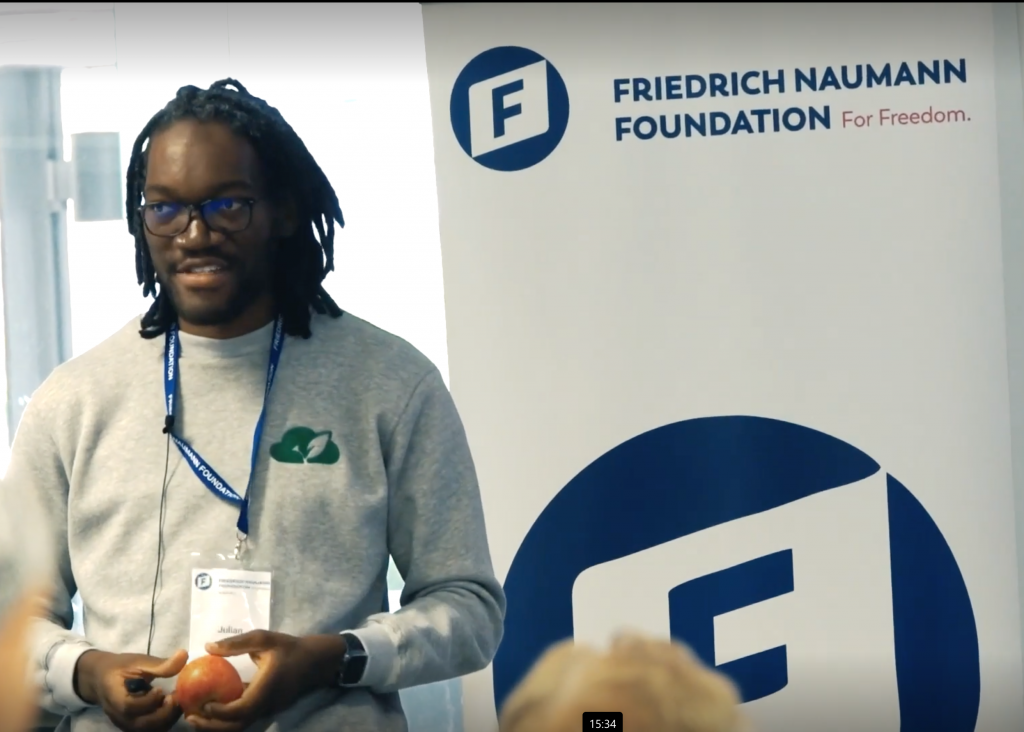Reflecting on Q4 of 2023, it has been a busy but fruitful one. In particular, 3 events stand out!
1. Singapore FinTech Festival 2023
Singapore (and APAC region) is pressing on full steam ahead with financial technology innovation – in particular, utilising AI and web3. The solutions on display highlighted how interoperability, convenience and seamless integration are top of mind for consumer finance products. As a web3 enthusiast, I was excited as seeing super apps such as Grab showcasing a web3 wallet that supports stablecoin payments (in partnership with Circle). In addition, central banks often get critiqued for being slow to experiment with emerging technology. This is not the case with the Monetary Authority of Singapore (MAS) who showcased a number of solutions including a CBDC management tool. Lastly, a recurring theme was that of ESG tracking and reporting solutions, which is as expected as this a growing trend in Europe and APAC in particular.
2. Mandla Money participated in the Ripple and Tenity XRPL Accelerator in Singapore
Mandla Money, a mobile money meets crypto platform that I founded, was 1 of 11 startups that participated in the second cohort of the XRPL Accelerator program which culminated in a demo day during the Singapore FinTech Festival week. The XRPL Accelerator is a program dedicated to nurturing innovation and development on the XRP Ledger, and supports entrepreneurs and builders looking to scale their projects on the XRP Ledger. The accelerator provided us with an opportunity to network with teams from across the world and helped refine our wallet-as-a-service value proposition going into the new year. S/O to Adrian Falk, Jorden Tan and their teams for making it happen.
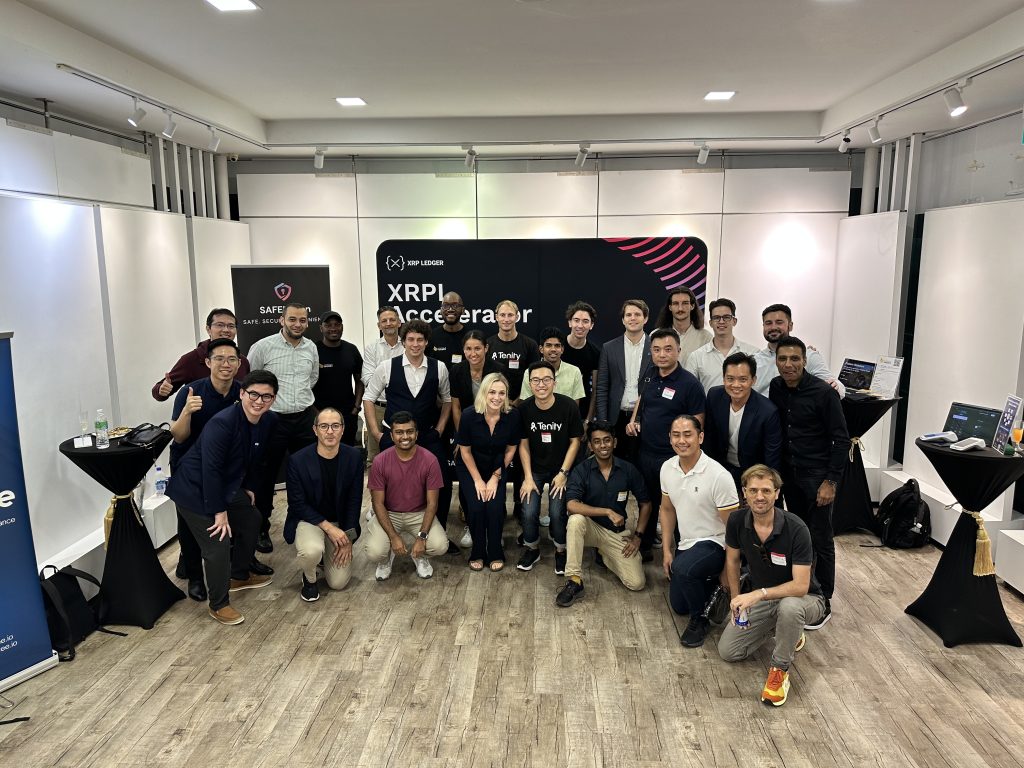
3. MoMo from MTN API Hackathon 2023 South Africa
To cap of FinTech November, I circled back to South Africa, and alongside Nyiva Musyoka, Mordechai Serraf and Raees Abdool-Gaffar, I participated in the MTN MoMo Hackathon as a judge. It was an honour to deliberate on the variety of solutions which ranged from P2P lending and crowdfunding to cashflow financing. The hackathon underscored the notion that open banking APIs can be used to develop new payment systems that are faster, less expensive, and more convenient which potentially will positively disrupt the payment landscape and unlock new opportunities for FinTech startups and other innovative businesses.
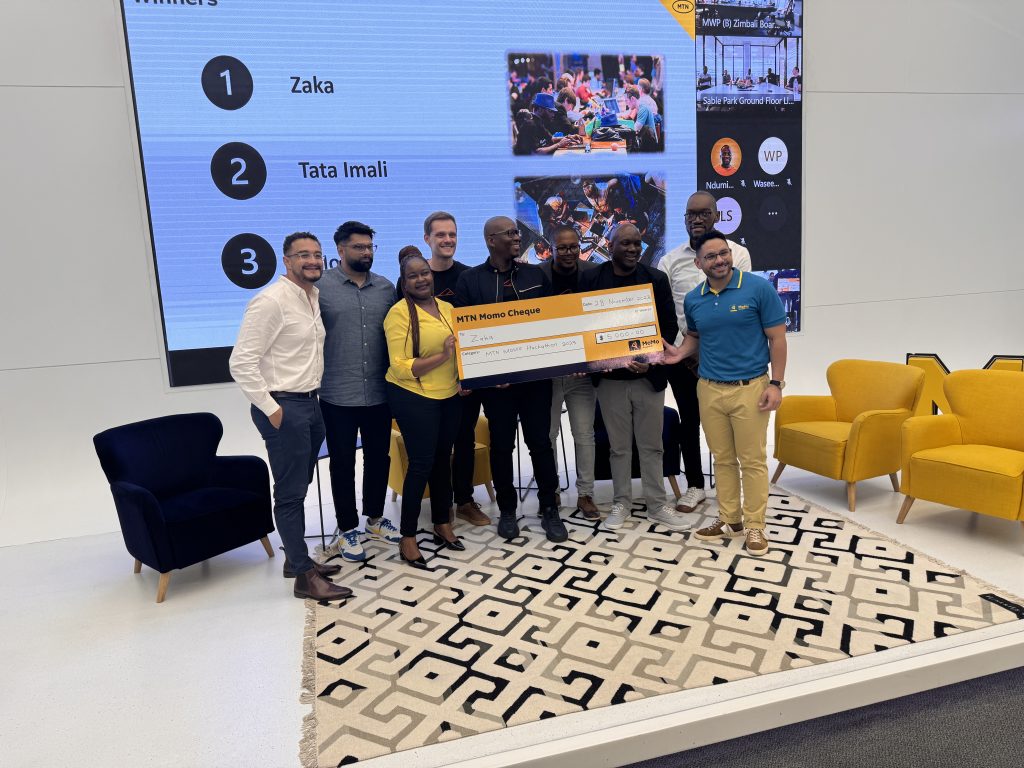
Here is to FinTech making financial services more efficient, effective, and accessible!
#web3 #XRPLAccelerator #MTNMoMo #MandlaMoney #FinTech
